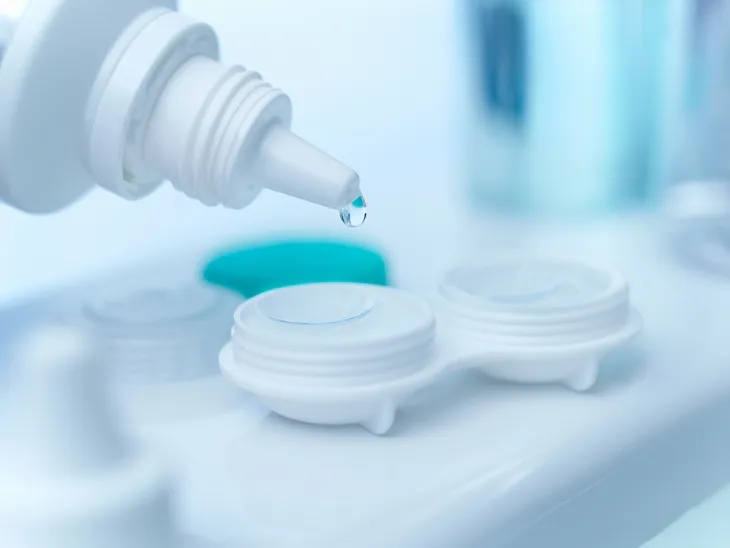Though contact lenses are typically more expensive than glasses, there are tons of benefits to wearing them. For starters, they don’t get in the way during activities and sports like running. You also don’t have to worry about them fogging up and they don’t have the same type of visual disruptions that glasses do. Another benefit is they are far less expensive to replace if lost.
But how much should you really be spending on contact lenses? Follow along as we take a look at what affects the costs plus how much you should be paying for contact lenses.
What Affects the Costs of Contact Lenses?
Like many other products, the cost of contact lenses can vary widely from brand to brand. Some factors can increase the costs such as the strength of your prescription or if you have any eye conditions, such as astigmatism.
Purchasing contact lenses from your eye doctor can also be more expensive compared to online retailers due to overhead costs. Luckily, there are ways to save on costs, which we’ll dive into later in this article.
How Much Do Daily Disposable Contact Lenses Cost?
According to Healthline, daily contact lenses typically cost $400 to $500 per year, and sometimes it can be up to $800. While this may seem like a lot, the biggest benefit to daily contacts is that they’re convenient and require no maintenance. This is because they’re only used for one day and then they’re discarded.
It’s vital that you don’t try to stretch a pair of lenses by wearing them for more than one day. The Perspective Eye Center explains that wearing old daily contacts can scratch your eyes and can cause other dangerous conditions to develop. If you need your box of contacts to last longer, it’s better to take some days off from wearing contacts and wear glasses instead.
How Much Do Weekly Disposable Contact Lenses Cost?
If daily contact lenses are too expensive, perhaps weekly or biweekly contact lenses will be a better fit for your budget. Healthline says they typically cost about $300 to $500 per year. Weekly or biweekly contacts are designed to last 10- to 14-days and then they need to be discarded. The one drawback is that you do have to take care of them to ensure they last through the week. This is done by soaking them in a saline solution overnight in between wears.
The source notes that weekly disposable contact lenses typically come in a pack of six but if your eyes have two different prescriptions, you’ll need to purchase at least two boxes at a time for a 3-month supply. Another thing to consider is biweekly contacts also typically cost half as much as weekly contacts.
How Much Do Monthly Disposable Contact Lenses Cost?
Monthly disposable contact lenses are much more affordable compared to dailies or weekly contact lenses. Healthline says they typically cost around $200 to $400 per year. Depending on the brand, monthly contact lenses are usually designed to last 1- to 3-months.
While the price and longevity are attractive benefits of monthly contact lenses, the one downfall is they require more maintenance compared to daily lenses. Monthly lenses will only last if you take care of them properly, which means cleaning and proper storage are a must when they’re not in use. It’s also important to keep track of when you started using them to ensure they’re discarded and replaced on time. Writing the date on the bottom of your contact lenses case or in a journal can help you keep track.
Healthline also notes another possible downfall is that some people feel like monthly contacts makes them more susceptible to dry eyes. Always take your contacts out if your eyes feel irritated or dry.
How to Save Money on Contact Lenses
Whether you prefer daily or monthly contact lenses, it’s still an expense. Luckily, there are ways to save money when buying contact lenses. First, you should find out what type of coverage you have with your health insurance. Some companies cover the costs of an annual eye exam as well as additional coverage for a pair of glasses or contact lenses.
GoodRx Health also recommends taking advantage of coupons both online and in printed form. Some companies will also offer first-time-buyer discounts or subscription discounts. The source also says buying lenses in bulk from membership warehouse clubs, such as Costco, Sam’s Club, and BJ’s can also save you money. Do your research and always shop around and compare prices to find the most affordable contact lenses. Some retailers will even price match, so it’s always worth asking if you can find a better price elsewhere.








